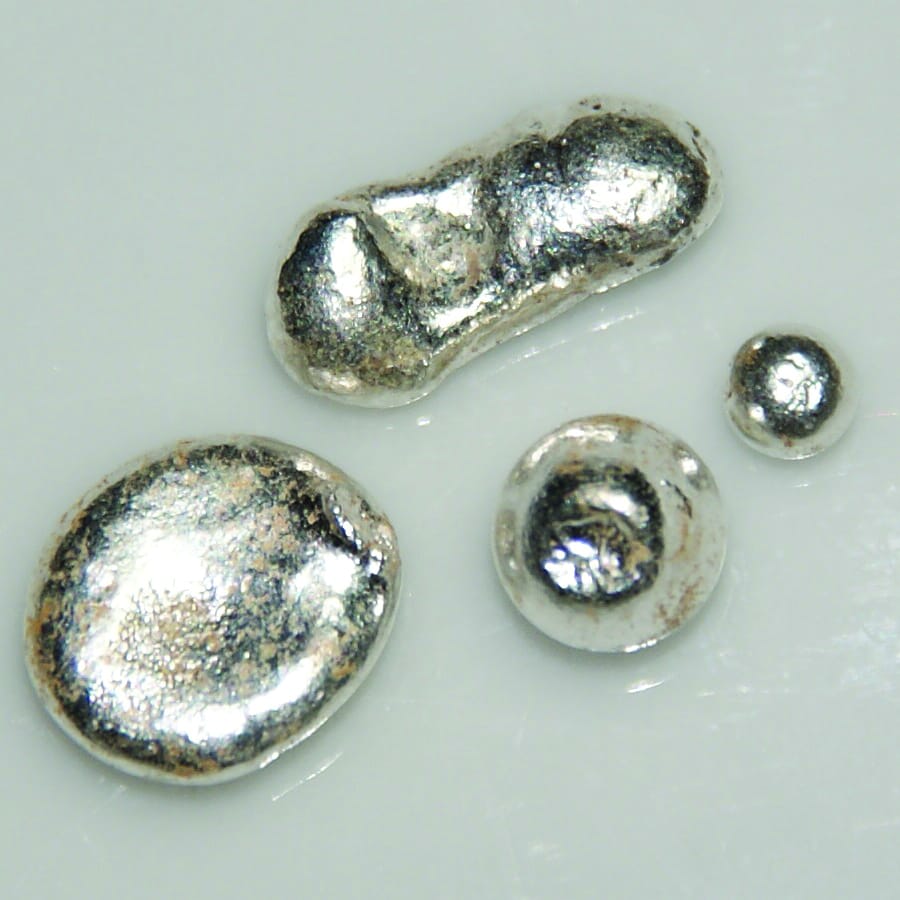Shine bright like a vagina
Philippa Skett on the silver lining that is coming to a crotch near you

What’s hard, metallic and found down your pants? Despite the common answer to this usually referring to some sort of recreational, copulation mimicry device, perhaps owned by a maternal figure, this time, the answer may in fact be an anti-viral cream.
A new cream containing silver nanoparticles is currently being developed that may control the transmission of HIV. After previous research demonstrated that silver particles can hinder entry of the Human Immunodeficiency virus into a cell, the idea to incorporate it into a cream to ward of the virus followed shortly after.
Researchers from the University of Texas have developed a vaginal cream that once applied, can take effect in less than a minute and can offer even offer protection for up to 72 hours. Not only that, but despite being targeted for vaginal application, because it effectively inactivates any traces of HIV, it can also protect any sexual partners too. It does this by essentially disarming the way in which the virus transmits its genetic material, by halting its transmission through the cervical mucous membrane.
HIV is a retrovirus; it infects cells by injecting its own RNA genome into the target cell. The RNA is then used to make strands of corresponding DNA to incorporate into the genome of the host. This injection of RNA is only possible if the virus can adhere correctly to the cell membrane of the target cell, which for HIV is a subset of immune cells known as CD4 cells.
CD4 cells can have various functions, but are so-called because of the glycoprotein on their surface, called Cluster of Differentiation 4. This surface glycoprotein binds to another on the HIV surface, called GP120, which ensures HIV latches on to those immune cells to transfer its precious RNA cargo.
This is where silver comes in. Silver nanoparticles act as a microbicide, and attach to GP120 to block its adherence to other proteins. A novel feature of this HIV treatment is that it therefore doesn’t actually act within the host cell to tackle the virus, but can stop it in its tracks long before cellular infection.
The cream currently has shown signs of success when tested on samples of human tissues, but some issues still remain. Even if any inflammatory side effects of creams for such a delicate area are fully overcome, there still remains the costs of future clinical trials to consider too.
However researchers are hinting that the cream could be preventive of the transmission of many other sexually acquired viruses, like the Human Papilloma Virus, or even for bacterial agents that may also be stifled by silver nanoparticles.
However, the uses of the cream could outweigh the costs should it prove to be a success. Not only could the cream be used as a barrier during sex, but it could also be applied to gloves to protect those dealing with contaminated blood too, or for those in the medical profession to wear in surgery or clinics dealing with STI patients.
For now, the cream is still confined to the laboratory as opposed to the bedside table. However, it may only be a matter of time before this life-saving salve is slathered all over your hands, delivering not just protection but possibly a bit of class too: no-one can say no to some silver lining in thier pants.






